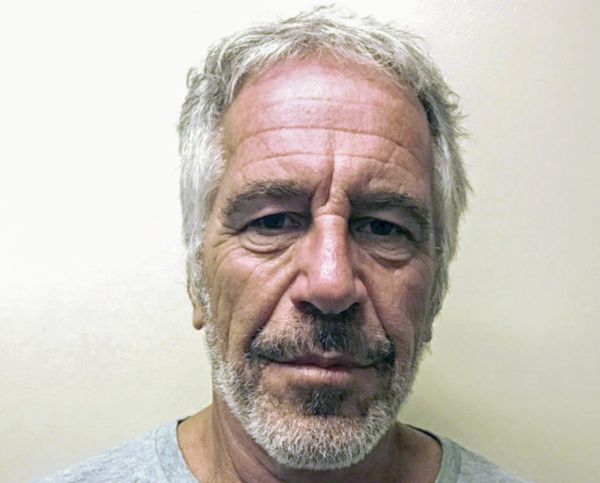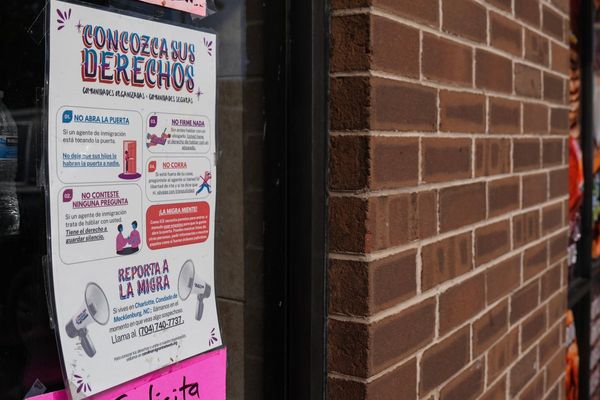
Donald Trump moved to lower tariffs on food imports, including beef, tomatoes, coffee and bananas, in an executive order on Friday as the White House fights off growing concerns about rising costs.
The new exemptions take effect retroactively at midnight on Thursday and mark a sharp reversal for Trump, who has long insisted that his import duties are not fueling inflation. They come after a string of victories for Democrats in state and local elections in Virginia, New Jersey and New York City, where affordability was a key topic.
Earlier Friday, the president had claimed on Truth Social that “costs under the TRUMP ADMINISTRATION are tumbling down”.
Trump told CBS’s 60 Minutes this month that: “We have no inflation. We have no inflation. Biden had inflation, and he didn’t have tariffs.”
In a factsheet, the White House said Trump was “strengthening the US economy and national security by modifying the scope of the reciprocal tariffs” and that “given the substantial progress in reciprocal trade negotiations” it was now “necessary and appropriate to further modify the scope of the reciprocal tariffs”.
Trump upended the global trading system earlier this year by imposing a 10% base tariffs on imports from every country, plus additional specific duties that vary from state to state.
Friday’s orders followed the announcement of a deal to cut US tariffs on Switzerland from 39% to 15% as part of a new trade pact and framework trade deals announced on Thursday that will eliminate tariffs on certain foods and other items imported from Argentina, Ecuador, Guatemala and El Salvador, once those deals are finalized, with US officials eyeing additional deals for signing before year’s end.
Trump has increasingly focused on the issue of affordability in recent weeks, while insisting that any higher costs were triggered by policies enacted by Joe Biden, and not his own tariff policies.
Consumers have remained frustrated over high grocery prices, which economists say have been fueled in part by import tariffs and could rise further next year as companies start passing on the full brunt of the import duties.
According to a Harris poll conducted for the Guardian last month a clear majority of Americans say their monthly costs have risen by between $100 and $749.
The top Democrats on the House of Representatives Ways and Means Committee, Richard Neal, said the Trump administration was “putting out a fire that they started and claiming it as progress”.
“The Trump administration is finally admitting publicly what we’ve all known from the start: Trump’s trade war is hiking costs on people,” Neal said in a statement.
“Since implementing these tariffs, inflation has increased and manufacturing has contracted month after month.”
Reuters contributed to this story.
The best public interest journalism relies on first-hand accounts from people in the know.
If you have something to share on this subject, you can contact us confidentially using the following methods.
Secure Messaging in the Guardian app
The Guardian app has a tool to send tips about stories. Messages are end to end encrypted and concealed within the routine activity that every Guardian mobile app performs. This prevents an observer from knowing that you are communicating with us at all, let alone what is being said.
If you don't already have the Guardian app, download it (iOS/Android) and go to the menu. Select ‘Secure Messaging’.
SecureDrop, instant messengers, email, telephone and post
If you can safely use the Tor network without being observed or monitored, you can send messages and documents to the Guardian via our SecureDrop platform.
Finally, our guide at theguardian.com/tips lists several ways to contact us securely, and discusses the pros and cons of each.







